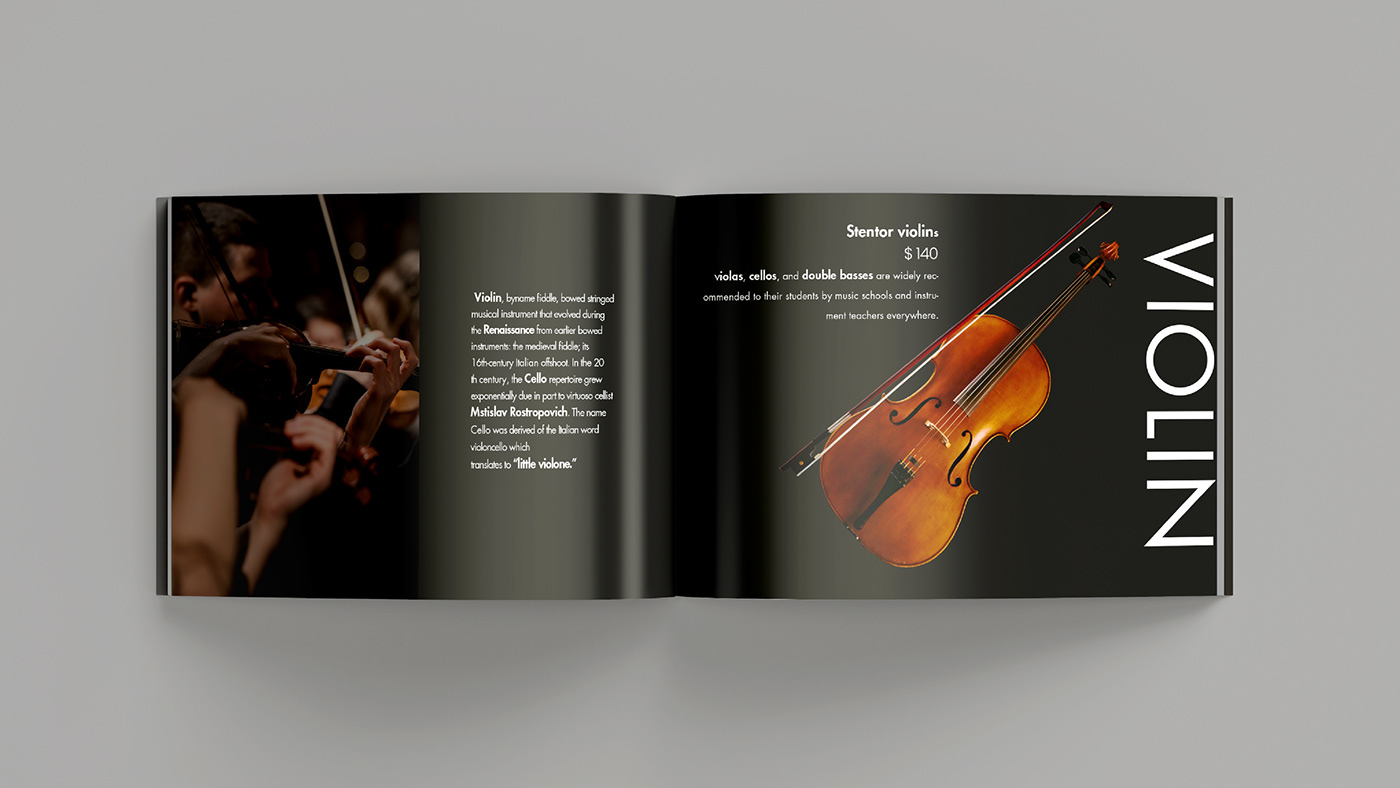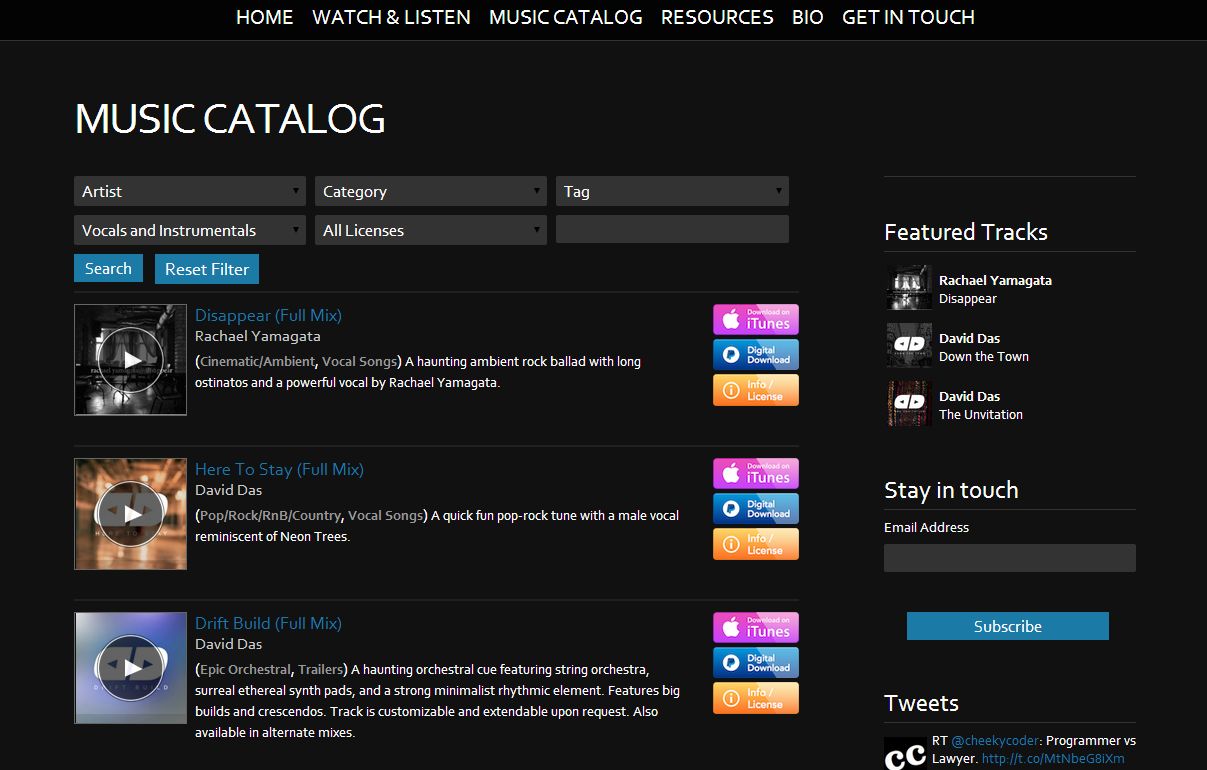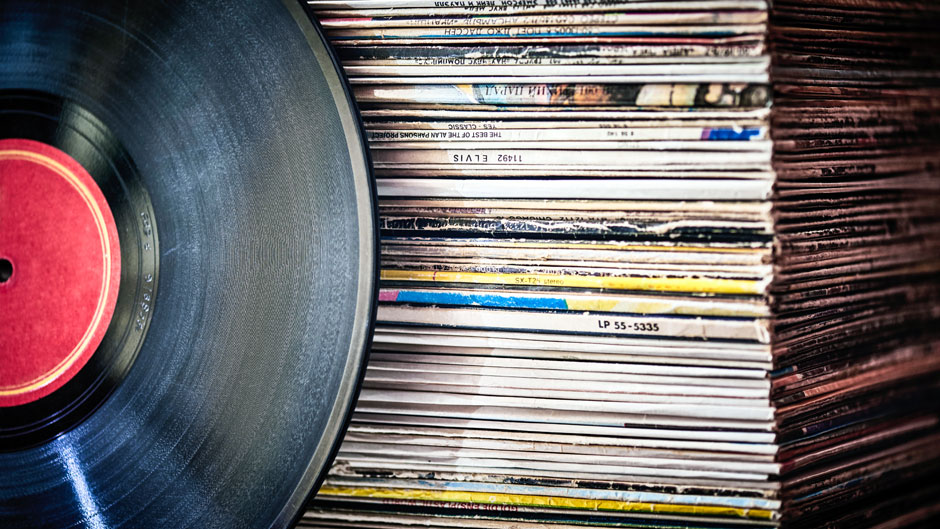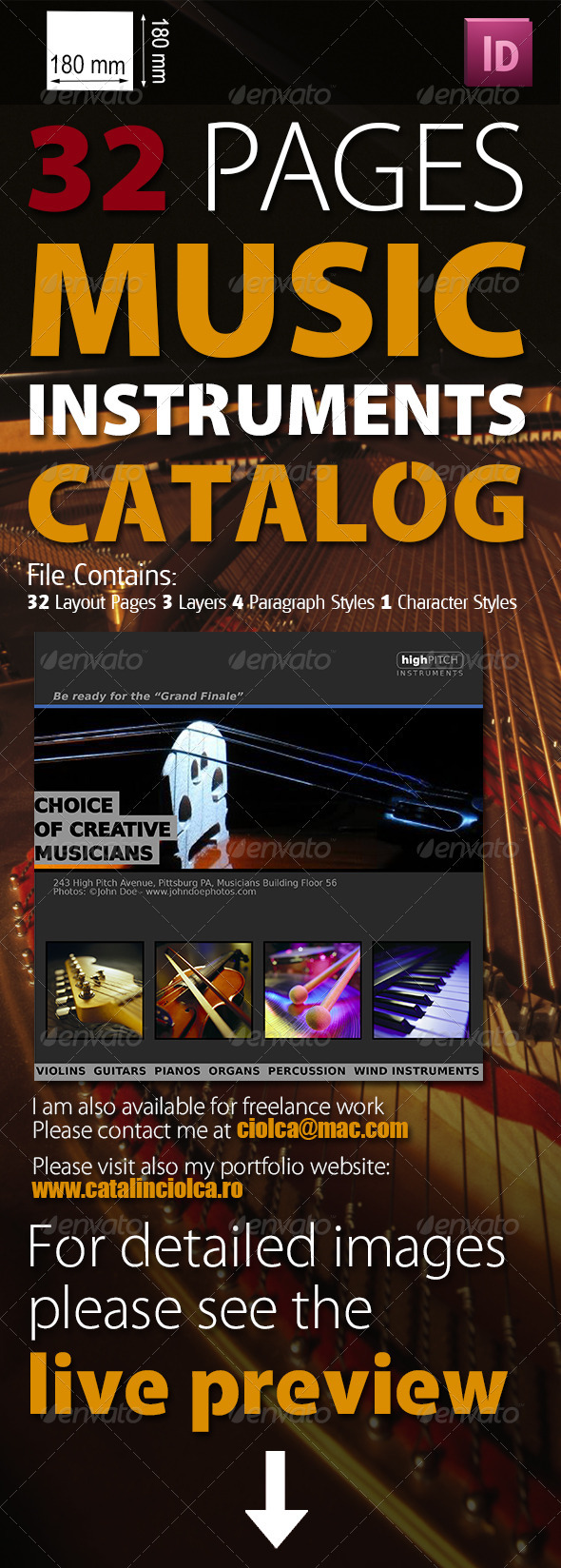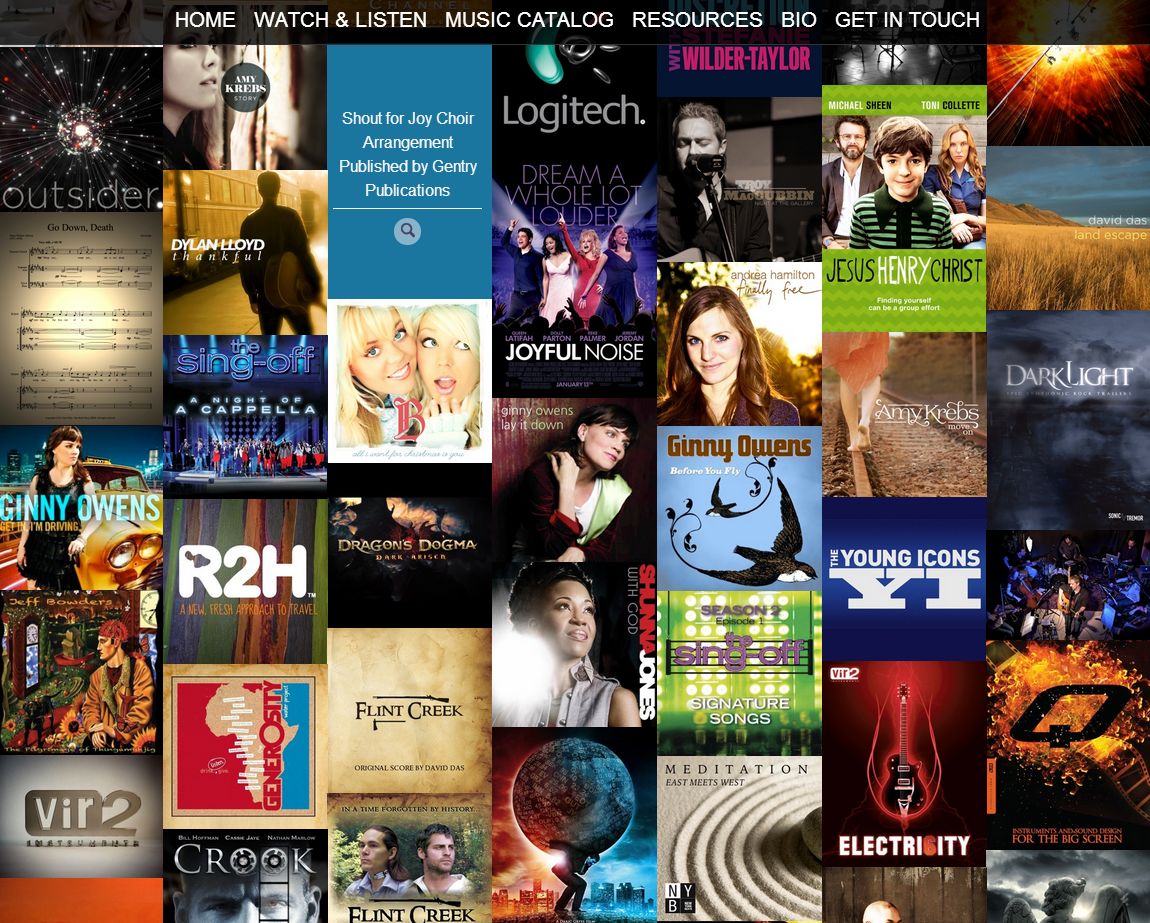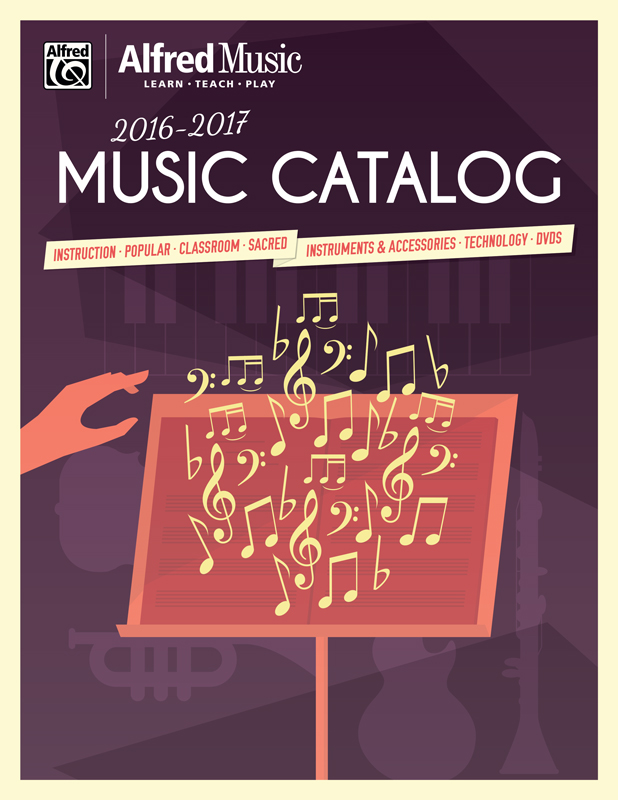What Is A Catalog In Music
What Is A Catalog In Music - In a q&a, jeanne fromer, vice dean of intellectual life and walter j. A music catalog refers to a collection of songs, compositions, or recordings owned by an individual or entity. A rep for the label confirmed big loud sold a minority stake in wallen's master recording catalog as part of a strategic investment to expand the label’s global footprint. by. A music catalog can range from a few songs to thousands of tracks, and it can be a valuable asset for artists, producers, and record labels. Put simply, a music catalog is a collection of songs, compositions, and recordings that a musician or songwriter owns the rights to. A music catalog is critical in the music business, acting as an inventory of a collection of songs under specific ownership. A music catalog is a comprehensive list or inventory of all the songs, compositions, recordings, and other musical works owned or controlled by a music publisher, record label,. Let’s break it down into simpler terms. Creating a music catalog is an essential step for musicians, songwriters, and producers alike, as it helps organize and protect their creative work while providing. Your music catalog is the collection of all the songs you own or control. Northeastern professors say tax and estate planning. What is a music catalog? Derenberg professor of intellectual property law, discusses why the phenomenon of song. In the music industry, a collection of musical compositions is cataloged into a music catalog. What is a music catalog? Put simply, a music catalog is a collection of songs, compositions, and recordings that a musician or songwriter owns the rights to. It centralizes intellectual property rights, such as. A music catalog refers to a collection of songs, compositions, or recordings owned by an individual or entity. It encompasses their entire discography, including albums, singles, and any unreleased tracks. In this article, we’ll dive deeper into the. What is a music catalog? Musicians and songwriters have to manage a number of revenue streams. A music catalog is a comprehensive list or inventory of all the songs, compositions, recordings, and other musical works owned or controlled by a music publisher, record label,. Claiming that classical music deserves a prominent place in american culture merely because we want to. They aren't limited to deals with record companies that give them royalties from album sales. A music catalog is a comprehensive list or inventory of all the songs, compositions, recordings, and other musical works owned or controlled by a music publisher, record label,. What is a music catalog? Claiming that classical music deserves a prominent place in american culture merely. In the music industry, a catalogue refers to a collection of a recording artist’s, band’s, or composer’s music works, including songs, albums, and other musical compositions. They aren't limited to deals with record companies that give them royalties from album sales. A thematic catalogue is an index used to identify musical compositions through the citation of the opening notes and/or. When an artist decides to sell all or part of their catalog, it trades smaller paydays for a more considerable lump sum. Here’s what it means when a musician sells their music. John legend is the latest in a string of major artists who are cashing out for big sums by selling the rights to their songs. The owner owns. They aren't limited to deals with record companies that give them royalties from album sales. Put simply, a music catalog is a collection of songs, compositions, and recordings that a musician or songwriter owns the rights to. Charlene is a multifaceted writer and pop culture enthusiast. It represents their body of work and. Creating a music catalog is an essential. What is a music catalog? Put simply, a music catalog is a collection of songs, compositions, and recordings that a musician or songwriter owns the rights to. Morgan wallen is making some changes. Here’s what it means when a musician sells their music. Her work has been featured in glamour, gq, huffpost, cbr, and more. In the music industry, a catalogue refers to a collection of a recording artist’s, band’s, or composer’s music works, including songs, albums, and other musical compositions. Creating a music catalog is an essential step for musicians, songwriters, and producers alike, as it helps organize and protect their creative work while providing. She loves the backstreet boys,. A thematic catalogue is. In the music industry, a catalogue refers to a collection of a recording artist’s, band’s, or composer’s music works, including songs, albums, and other musical compositions. It represents their body of work and. When an artist decides to sell all or part of their catalog, it trades smaller paydays for a more considerable lump sum. In the music industry, a. They aren't limited to deals with record companies that give them royalties from album sales. Put simply, a music catalog is a collection of songs, compositions, and recordings that a musician or songwriter owns the rights to. Your music catalog is the collection of all the songs you own or control. A thematic catalogue is an index used to identify. Northeastern professors say tax and estate planning. Your music catalog is the collection of all the songs you own or control. Charlene is a multifaceted writer and pop culture enthusiast. It encompasses their entire discography, including albums, singles, and any unreleased tracks. In this article, we’ll dive deeper into the. What is a music catalog? A music catalog is a comprehensive list or inventory of all the songs, compositions, recordings, and other musical works owned or controlled by a music publisher, record label,. Your music catalog is the collection of all the songs you own or control. Claiming that classical music deserves a prominent place in american culture merely because we want to safeguard a particular sound, style, or cultural or ethnic. Big loud, the label that morgan wallen calls home, has reportedly sold a minority stake in his catalog to chord music partners. A rep for the label confirmed big loud sold a minority stake in wallen's master recording catalog as part of a strategic investment to expand the label’s global footprint. by. When an artist decides to sell all or part of their catalog, it trades smaller paydays for a more considerable lump sum. They aren't limited to deals with record companies that give them royalties from album sales. Creating a music catalog is an essential step for musicians, songwriters, and producers alike, as it helps organize and protect their creative work while providing. The owner owns the copyrights of the cataloged compositions. In the music industry, a catalogue refers to a collection of a recording artist’s, band’s, or composer’s music works, including songs, albums, and other musical compositions. Musicians and songwriters have to manage a number of revenue streams. In a q&a, jeanne fromer, vice dean of intellectual life and walter j. Let’s break it down into simpler terms. It centralizes intellectual property rights, such as. John legend is the latest in a string of major artists who are cashing out for big sums by selling the rights to their songs.Catalog Music When Should Music Be Considered Old? Music 3.0 Music
MUSICAL INSTRUMENT CATALOG /NOVA CATALOG Behance
How to build a large music catalog with Views and custom search. A case
Inside Music Catalogue Inside Music
Why are artists selling their music catalogs?
32 Pages Musical Instruments Catalog by ciolca GraphicRiver
Music and Musical Instrument Catalogs Guide to Value, Marks, History
Musical instruments catalog on Behance
How to build a large music catalog with Views and custom search. A case
Catalogs
What Is A Music Catalog?
In The Music Industry, A Collection Of Musical Compositions Is Cataloged Into A Music Catalog.
Put Simply, A Music Catalog Is A Collection Of Songs, Compositions, And Recordings That A Musician Or Songwriter Owns The Rights To.
In This Article, We’ll Dive Deeper Into The.
Related Post:

